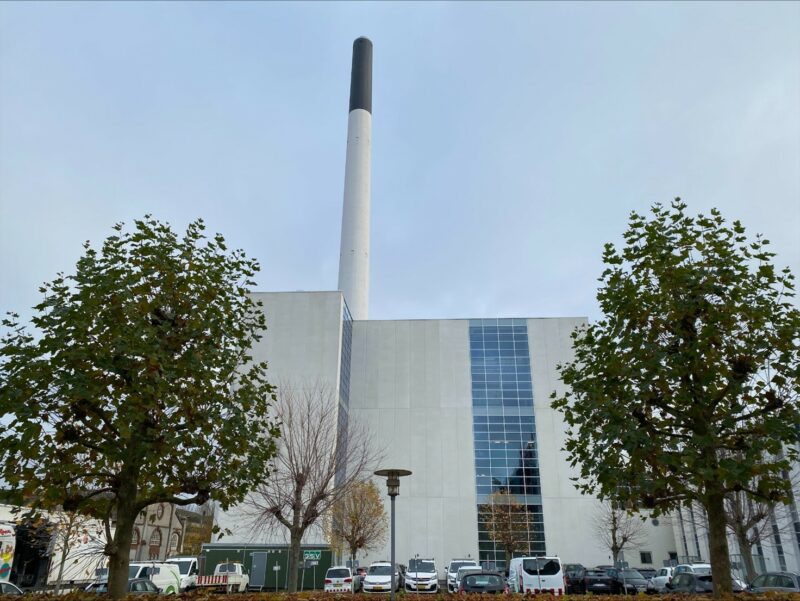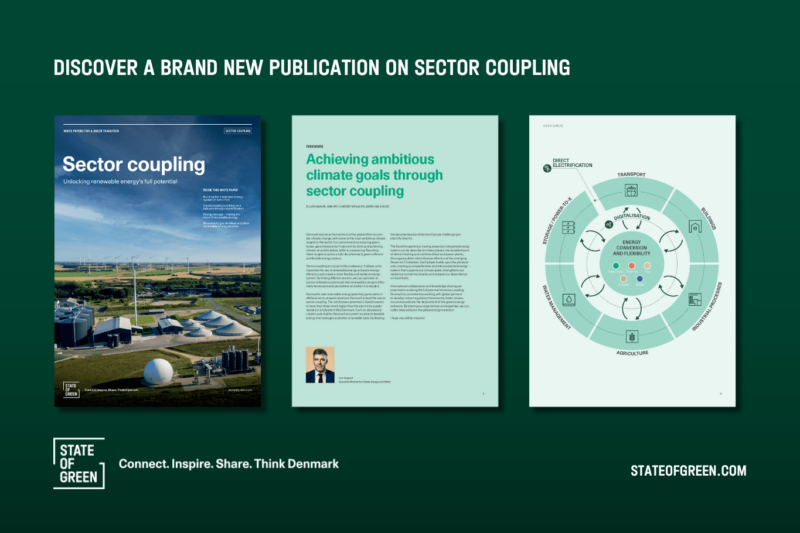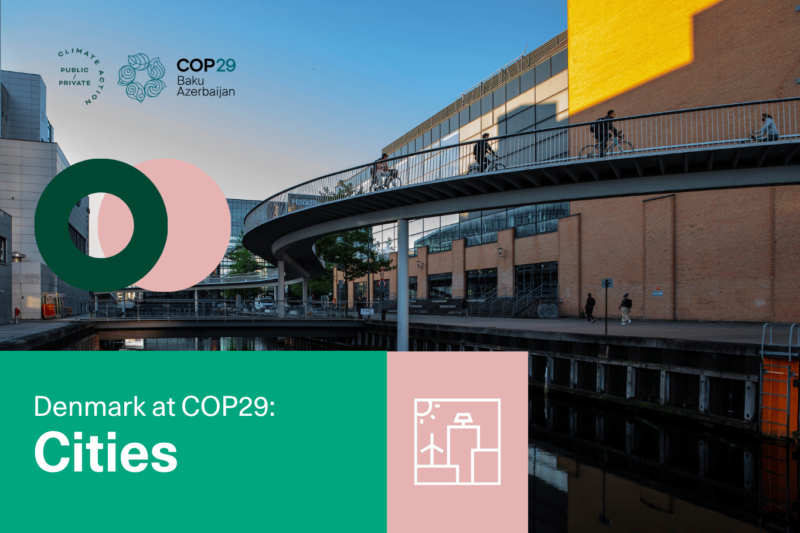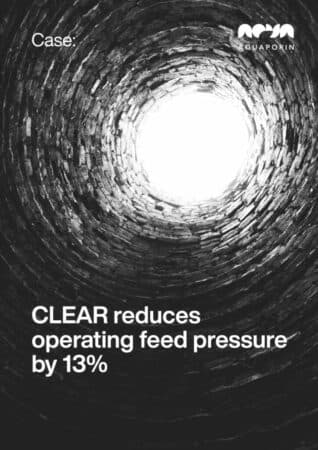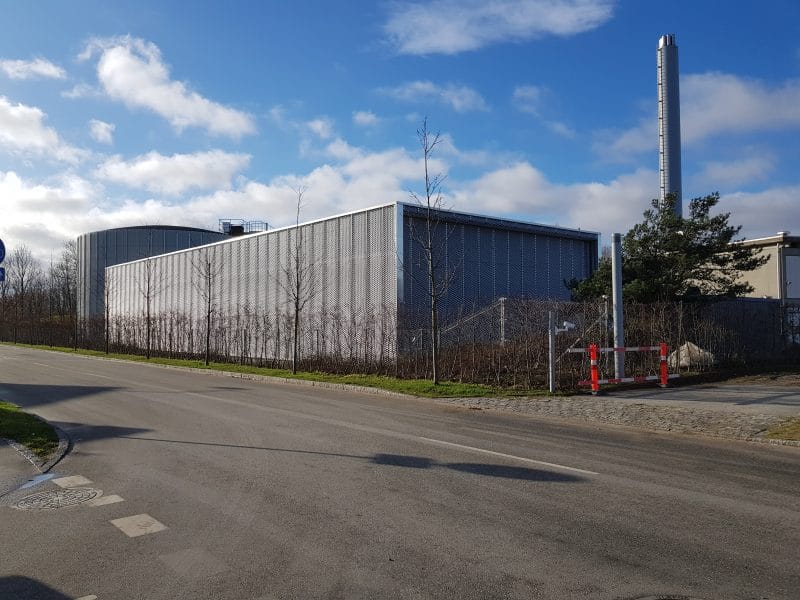Perspective
Groundwater management
Water management
Water supply
Good governance for sustainable groundwater management


The water supply in Denmark is regulated by the Ministry of Environment, who delegate the enforcement responsibility to the country’s 98 municipalities. As an essential commodity, the water sector is governed by long-term planning.This is especially important when using a limited natural resource such as unpolluted groundwater. The groundwater belongs to the public and a landowner does not own the groundwater beneath his/her property. The right to abstract and utilise the groundwater is granted by the local authorities where the well field is located. Abstraction permits given to water utilities can have a duration of up to 30 years. This gives the water utilities a decent time horizon to plan the water supply structure and investments in wells, pipes and waterworks. Farmers using water for irrigation purposes also need a permit and are normally granted this for a period of 15 years. The aim for continued the use of groundwater has led to an extensive investigation, mapping and protection of groundwater resources that is partly financed by a fee paid by consumers, which is connected to the deliverance of water, and partly by taxes.
Knowledge is the necessary basis for all decisions
Denmark is divided into three different zones: i.e., ‘areas with special drinking water interests’, areas with drinking water interests and areas without drinking water interest, which are typically situated along the coast. During the last 25 years, our knowledge about the subsurface in ‘areas with special drinking water interest’ have increased enormously through intensified mapping campaigns and the introduction of digital geological and numerical hydrological models. This knowledge is used to assess the impact from groundwater abstraction on water dependent nature, the state of groundwater and surface water and water quality, following the principles of the EU Water Framework directive.
Public awareness saves water
Campaigns on various platforms (social media, newspapers, TV) arranged by water utilities and authorities at different levels increase public awareness about water usage and the protection of water resources. Furthermore, school classes in Denmark learn about water issues and often visit waterworks to learn about the water cycle. Combined with the tax policy on water consumption, the use of tap water has decreased by more than 40 per cent over the last two decades.
Owned by the consumers
The Danish water utilities are subject to solid democratic control, as they are owned by the consumers, either directly or via the municipality. The economy of the water utilities is legally based on a break-even principle; hence water utilities are not allowed to make a profit from supplying water or collecting and treating wastewater, and subsequently, commercial investment in water utilities is limited. The accounts as well as the water quality has to be publicly available, with all information and data accessible for all. This transparency is also reflected in the water price, as it reflects the actual
cost of production and distribution. The Danish water price is unsubsidised and includes taxes and VAT, covering both water supply and wastewater treatment. Consequently, it is one of the highest water prices in the world, despite relying on a relatively cheap and climate insensitive resource. The price incentivises water efficiency and water loss prevention, whilst acting as a source of funding for efficient, well-developed and well-maintained infrastructure as well as the national groundwater mapping programme.
You should consider reading
solutions
Climate change adaptation
+4
WATER CONSERVATION IN AFRICA
4 November 2024Perspective
Sector coupling
+9
